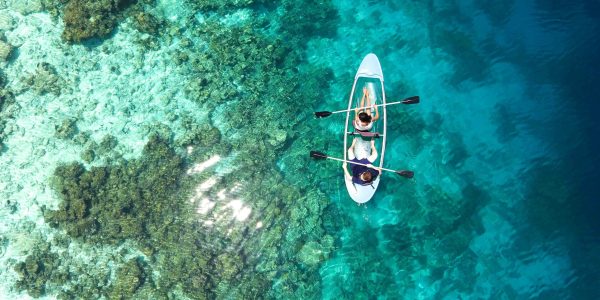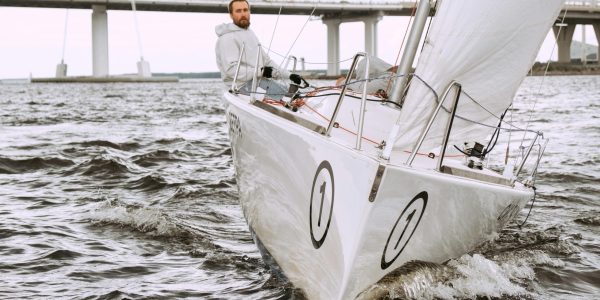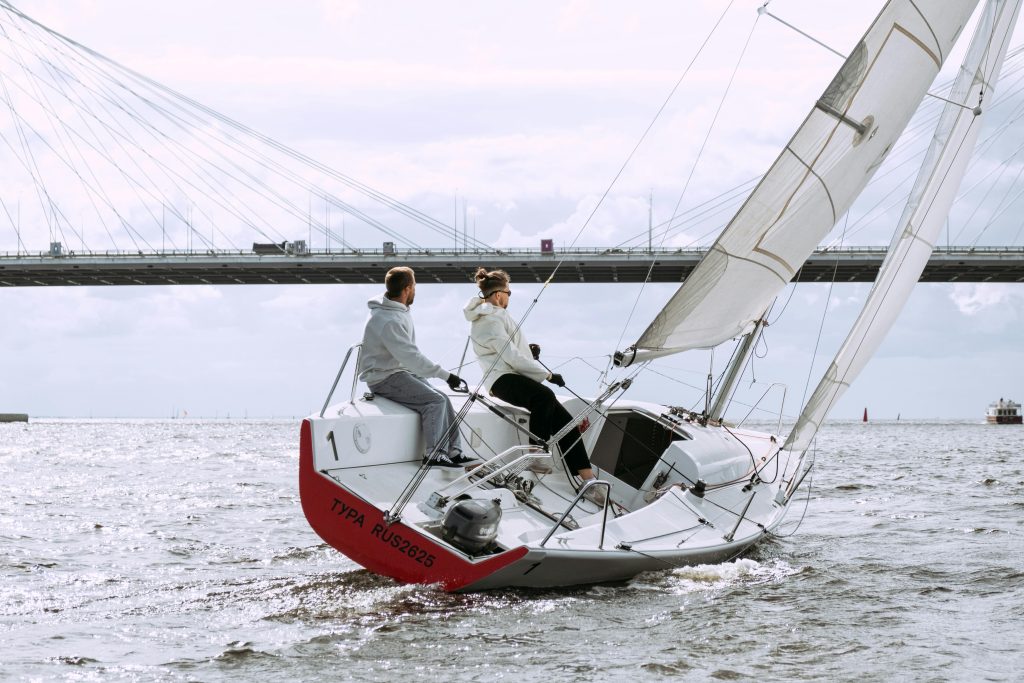Essential Boating Safety Tips: Staying Safe on the Water
Boating can be an exciting adventure, but safety should always come first. With unpredictable weather, varied water conditions, and potential equipment issues.
Boating can be an exciting adventure, but safety should always come first. With unpredictable weather, varied water conditions, and potential equipment issues.
Life coats are one of the most basic bits of security gear on a boat. As indicated by the U.S. Coast Watchman, 84% of suffocating casualties in drifting mishaps were not wearing life coats, featuring their significance.
Life coats come in different styles, including manual inflatables, intrinsically light, and mixture models. Guarantee every traveler has an appropriately fitted life coat proper for their age, weight, and swimming skill.
Very much like pilots have an agenda, boaters ought to play out a pre-takeoff investigation to get any possible issues before they become issues on the water.
Make it a standard that everybody on board wears a daily existence coat consistently, particularly in little boats where there's a higher gamble of falling over the edge.
Use life coats that are U.S. Coast Watchman endorsed, as these fulfill the guidelines for solidness and lightness.
Check the fuel level, and guarantee the motor is working without a hitch. Address any releases, bizarre sounds, or glitches prior to leaving.



A float plan frames your excursion and gives fundamental subtleties in the event of a crisis. Share your float plan with somebody coastal who can alarm specialists on the off chance that you don’t return on time.
Rundown your flight time, course, objective, expected return time, and the names of everybody ready. Likewise, incorporate contact data and a portrayal of your boat.
Keep Route Guidelines and Right-of-Way

It is risky and against the law to Boat impaired. Working a boat while weakened by liquor or medications can bring about mishaps, wounds, and legitimate results.
Dole out a clearheaded individual to deal with the boat, similarly as you would with an assigned driver for a vehicle.
Various wards have severe regulations against sailing impaired (BUI). Find out about these guidelines to keep away from punishments and remain safe.
Readiness is vital to taking care of crises, including the capability of an individual falling over the edge. Rehearsing man-over the edge drills can save lives.
In the event that somebody falls over the edge, slow the boat, shut off the motor, and toss a buoyancy gadget towards them.
Relegate somebody to watch out for the individual while others help with welcoming them back ready.
Move the boat mindfully to keep away from injury and make it more straightforward to pull them installed.

